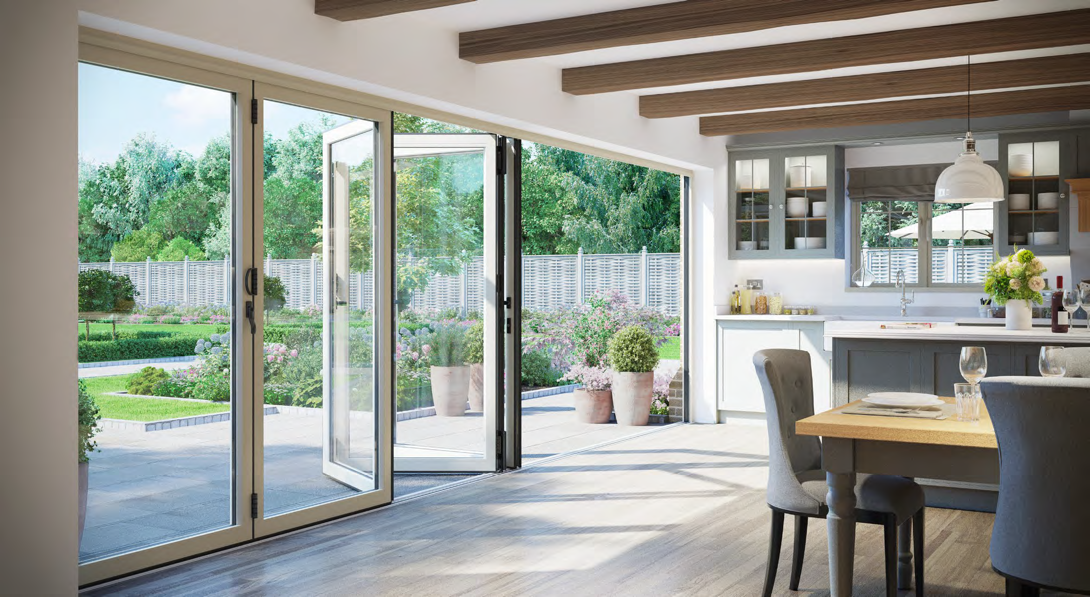Aluminum Window Replacement: A Comprehensive Guide
Replacing windows can be one of the most rewarding home enhancement projects. Among numerous materials available for windows, aluminum has gotten considerable appeal due to its strength, sturdiness, and aesthetic appeal. This post intends to supply house owners and residential or commercial property managers with a detailed understanding of aluminum window replacement, consisting of advantages, factors to consider, installation procedures, and upkeep tips.
Why Choose Aluminum Windows?
Aluminum windows are renowned for a number of essential characteristics that make them a competitive choice for window replacement:
Benefits of Aluminum Windows
Durability and Longevity: Aluminum is extremely resistant to weather aspects, consisting of wind, rain, and hail. It does not warp, crack, or expand, adding to a long life-span.
Low Maintenance: Unlike wood, aluminum frames do not need routine painting or sealing. A simple routine cleansing is generally sufficient to preserve their look.
Energy Efficiency: While aluminum is a conductor of heat, modern-day aluminum windows frequently feature thermal breaks that enhance insulation. This can considerably lower heating and cooling expenses.
Aesthetic Versatility: Aluminum windows can be found in a range of finishes and colors, enabling house owners to match their windows with the architectural design of their home perfectly.
Improved Security: The strength of aluminum makes it tough to get into, providing an additional layer of security compared to other products.
Table 1: Comparison of Window Material Types
| Material | Toughness | Maintenance | Energy Efficiency | Looks | Cost |
|---|---|---|---|---|---|
| Aluminum | High | Low | Moderate | High | Moderate |
| Vinyl | Moderate | Low | High | Moderate | Low |
| Wood | High | High | Moderate | High | High |
| Fiberglass | High | Low | High | High | High |
Secret Considerations Before Replacing Aluminum Windows
Window Style and Design: Choose the window design that matches the character of your home. Options include sash, moving, double-hung, awning, and fixed windows.

Spending plan: Determine your budget plan for the job. While aluminum windows offer long-term cost savings, the preliminary financial investment can differ.
Installation Complexity: Replacing windows can be a complex job. Decide whether you will work with professionals or attempt a DIY method.
Local Climate: Evaluate your local weather conditions. Aluminum windows with thermal breaks are particularly beneficial in severe environments.
Permitting Regulations: Check with local authorities about constructing codes and necessary authorizations for window replacements to guarantee compliance.
Table 2: Factors Affecting Window Replacement Costs
| Elements | Cost Range |
|---|---|
| Window Size | ₤ 150 - ₤ 1,500 |
| Type of Glass | ₤ 100 - ₤ 400 |
| Labor Costs (installation) | ₤ 50 - ₤ 100/hour |
| Elimination of Old Windows | ₤ 50 - ₤ 300 |
| Authorizations and Inspection Fees | ₤ 100 - ₤ 500 |
The Replacement Process
Steps for Replacing Aluminum Windows
Determining the Existing Windows: Measure the width and height of the current windows, ensuring precise dimensions for the new units.

Picking New Windows: Research and choose aluminum windows that fulfill your visual requirements and energy effectiveness objectives.
Preparing the Area: Clear the work area by eliminating furniture or decorative products. Make sure security protocols are in place.
Removing Old Windows: Carefully remove the existing windows, being mindful not to harm surrounding walls or frameworks.
Setting Up New Windows: Follow maker guidelines for installation, ensuring that the new windows are level and secure.
Sealing and Insulating: Apply suitable insulation products around the window frame to avoid air or water leakages.
Completing Touches: Trim the area around the new windows for a polished look, and restore the work area to its initial state.
Tips for Successful Installation
- Deal with a partner for security and performance.
- Use correct tools, such as a level, measuring tape, and caulking gun.
- Take your time throughout installation to ensure precision.
Upkeep Tips for Aluminum Windows
Correct maintenance makes sure the longevity and functionality of aluminum windows. Here are some maintenance pointers:
- Regular Cleaning: Use mild soapy water and a soft fabric to clean frames regularly. Prevent abrasive products that might scratch the surface area.
- Check Seals: Inspect seals and weather condition stripping for any wear or damage, replacing them as required.
- Paint Touch-ups: Occasionally, aluminum windows might require touch-ups, specifically on exposed edges or cuts.
- Lube Moving Parts: If applicable, guarantee that tracks and hinges are lubricated to maintain smooth operation.
Frequently Asked Questions (FAQs)
1. For how long do aluminum windows last?
Aluminum windows can last for 20-30 years or more, depending upon their quality and maintenance.
2. Are aluminum windows energy-efficient?
Modern aluminum windows are designed with thermal breaks that boost their energy-efficiency capabilities, assisting to control indoor temperature levels.
3. Can I set up aluminum windows myself?
While it is possible to install aluminum windows as a DIY job, working with a professional is advised for precision and service warranty purposes.
4. How much do aluminum windows cost?
The cost differs widely based upon size, type, and brand, generally varying from ₤ 150 to ₤ 1,500 per window.
5. Do aluminum windows rust?
No, aluminum does not rust. However, it can rust under particular conditions, which can generally be mitigated with routine maintenance.
Aluminum window replacement presents numerous benefits, from sturdiness to visual flexibility. Property owners considering this option ought to assess their specific needs, budget, and the installation process. With appropriate planning and upkeep, aluminum windows can enhance the beauty and performance of a home for years, making them an important financial investment.
